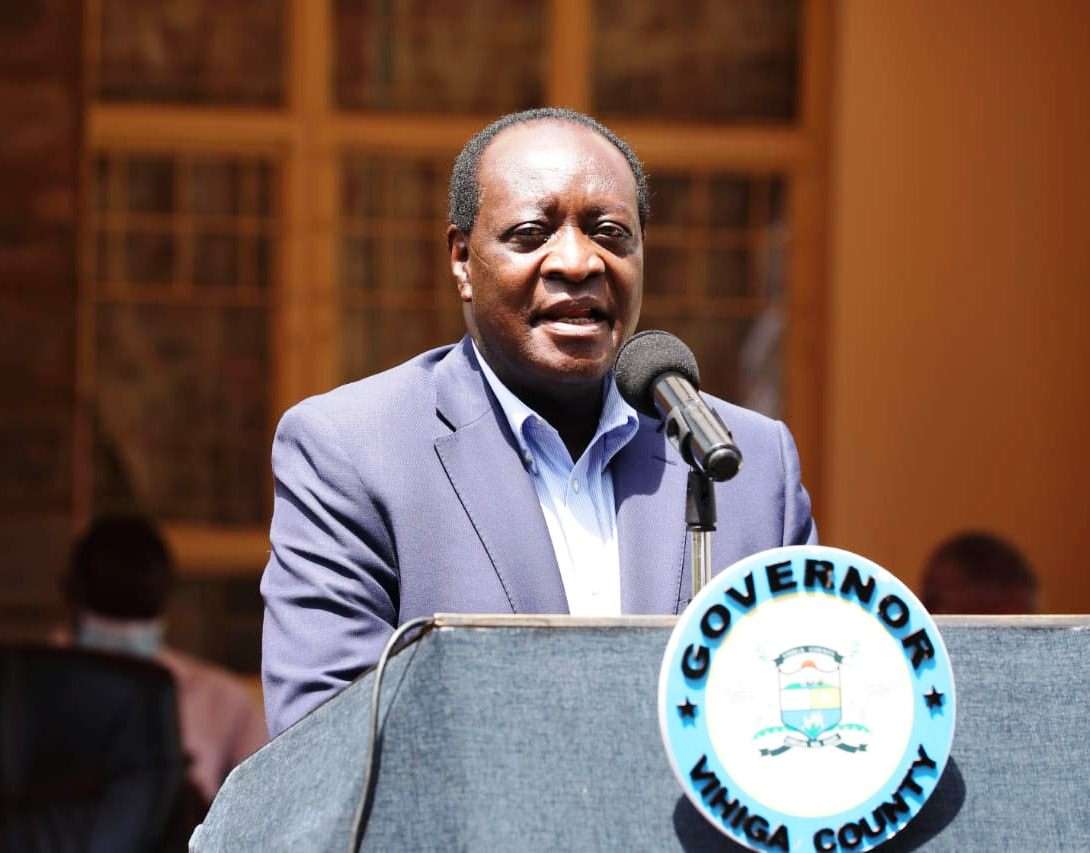The Ethics and Anti-Corruption Commission (EACC), the Attorney General, the Office of the Director of Public Prosecutions (ODPP), and Transparency International Kenya have sounded the alarm over proposed changes to the Anti-Corruption and Economic Crimes Act. The bill, put forward by Mbeere North MP Geoffrey Ruku, seeks to delete crucial sections aimed at combatting corruption, triggering widespread concern among oversight bodies and civil society organizations.
At the heart of the controversy are sections 45(2)b and c, which MP Ruku’s bill aims to remove. These sections currently criminalize non-compliance with procurement guidelines and the commencement of projects without prior planning. However, according to EACC and other stakeholders, these provisions serve as vital tools for holding accountable those involved in corrupt practices.
EACC, in its memorandum to parliament, warned that the proposed amendments could create legal loopholes, facilitating corruption and undermining efforts to enforce accountability. The commission emphasized the significance of safeguarding public procurement, which accounts for a substantial portion of the country’s Gross Domestic Product (GDP).
Echoing EACC’s concerns, the Attorney General stressed that the amendments are inconsistent with anti-corruption policies and international obligations aimed at strengthening legal frameworks to combat corruption. By removing procurement-related offenses from the scope of corruption and economic crimes, the proposed changes risk weakening the country’s ability to tackle graft effectively.





